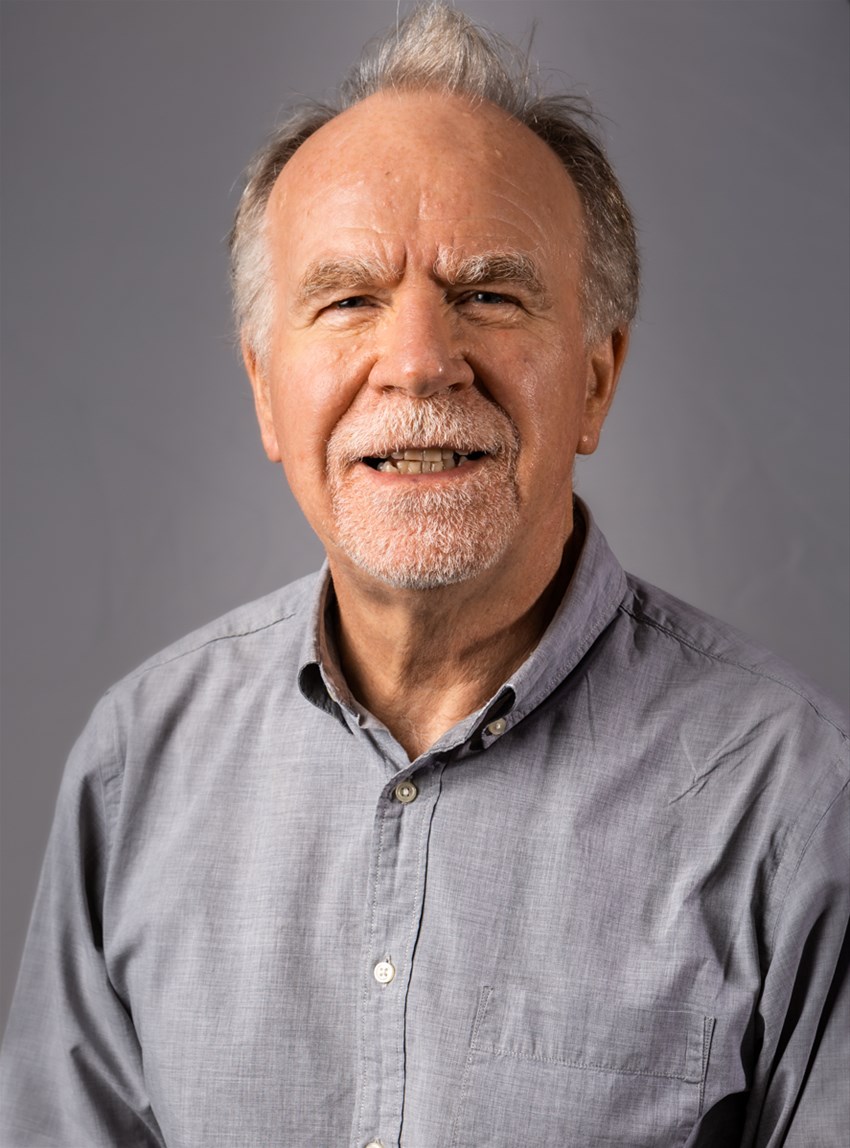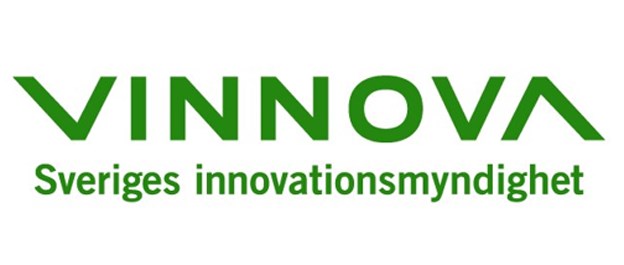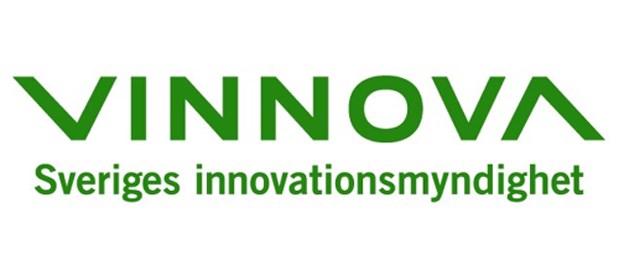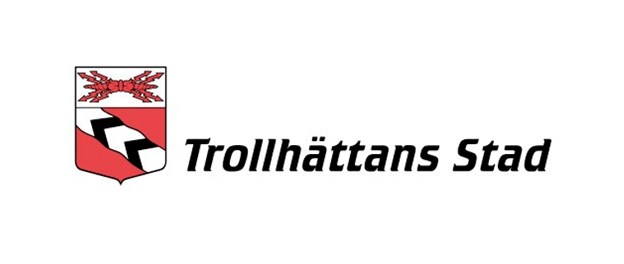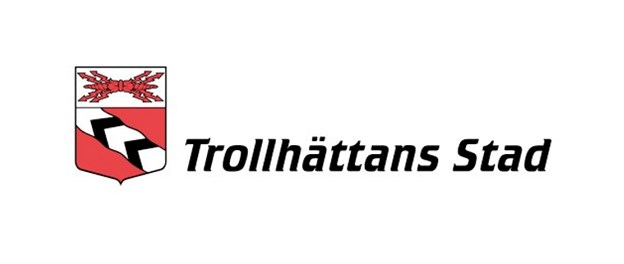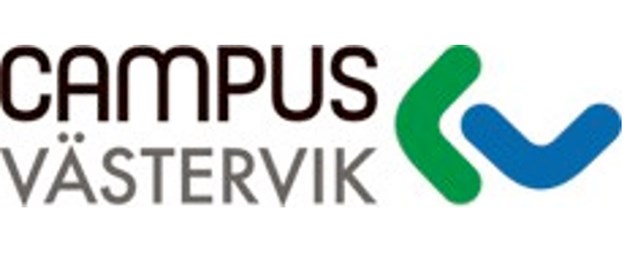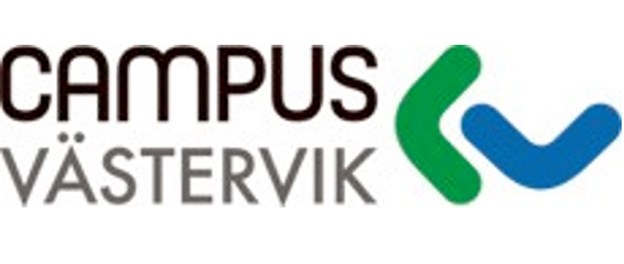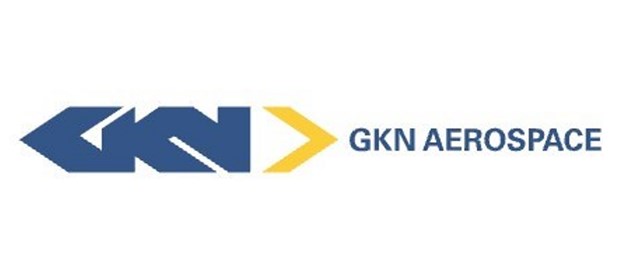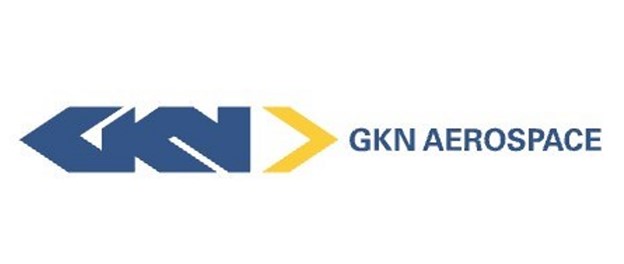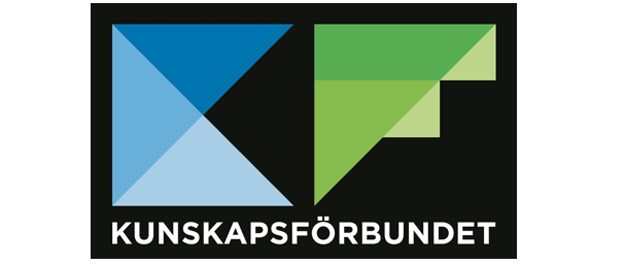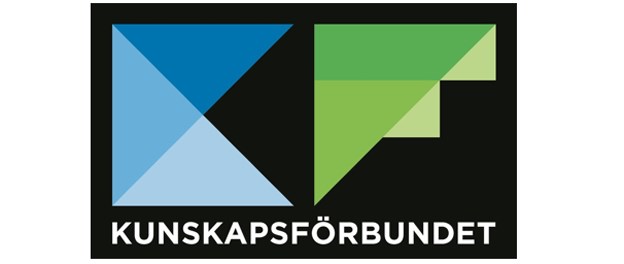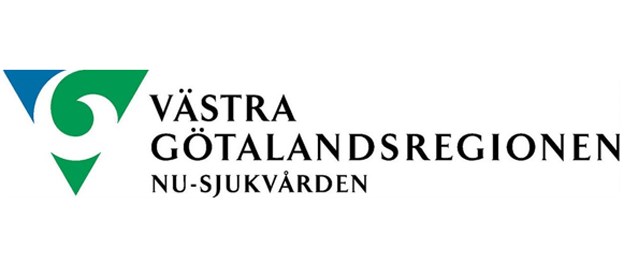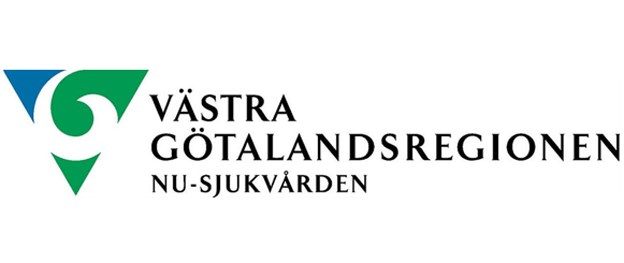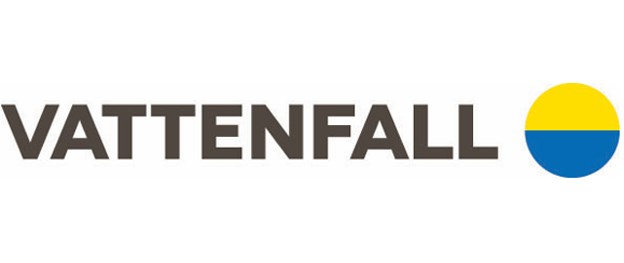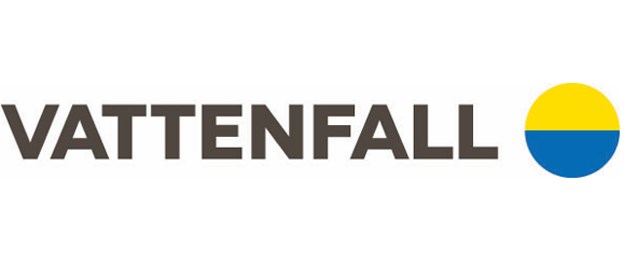Keynote speakers expand_more
Professor Stephen Billett
Professor of Adult and Vocational Education in the School of Education and Professional Studies at Griffith University, Brisbane, Australia, https://experts.griffith.edu.au/19067-stephen-billett
Abstract:
Constituting integration in work integrated education and learning
Common to the effectiveness of what constitutes both work integrated learning (WIL) or work integrated education (WIE) is the degree by which two kinds of experiences are integrated. For WIL, it comprises how individuals come to reconcile and construct meaning, capacities and dispositions from experiences in work and educational settings. That is, how they engage, deploy and change what they know, can do and value through reconciling these two sets of experiences. For WIE, it comprises the organisation of experiences and educational interventions to assist students have and integrate the two sets of experiences intentionally as part of an intentional program of study. This presentation proposes that these two forms of integration are central to the quality of both WIL and WIE and are germane to educational considerations about the goals for, processes of and outcomes of such provisions. It commences by delineating between WIE and WIL, but emphasising the centrality of integrations to both conceptions and elaborates their particular qualities through distinctive ways that the conception of integration is constituted. Following this, considerations of the educational processes and learning practices that are necessary to realise effective outcomes for students are presented and discussed. In all, the centrality of integration in what constitutes both work integrated education and learning is elaborated through this presentation.
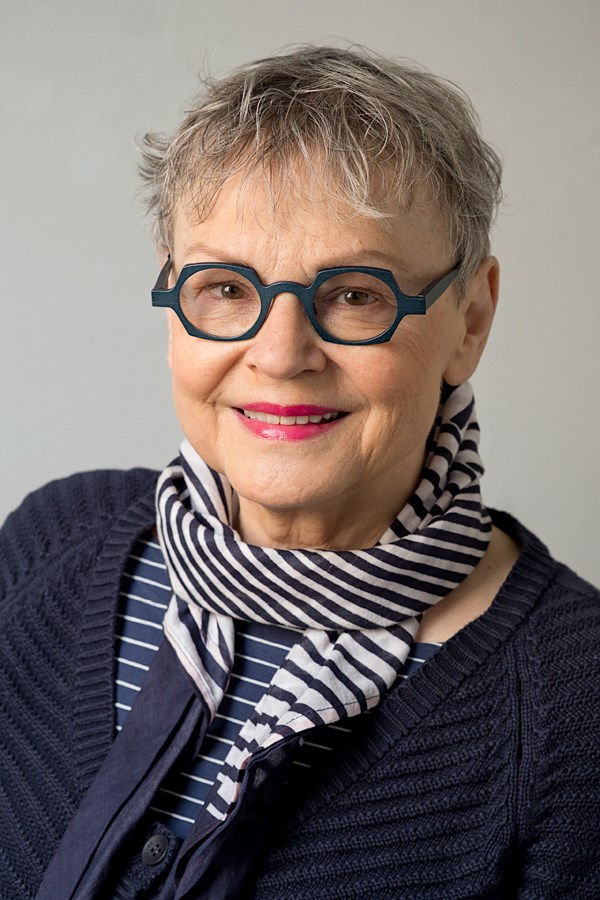
Professor Barbara Charniewska
Senior Professor, Gothenburg Research Institute, GRI, Gothenburg, Sweden
https://www.gu.se/om-universitetet/hitta-person/barbaraczarniawska
Abstrakt title:
"Robots at work": a threat or a promise?
BIO:
Barbara Czarniawska is a Senior Professor of Management Studies at Gothenburg Research Institute, School of Business, Economics and Law at University of Gothenburg, Sweden. She holds an MA in Social and Industrial Psychology from Warsaw University, a Ph.D.in Economic Sciences from Warsaw School of Economics, and the title of Doctor honoris causa from Stockholm School of Economics, Copenhagen Business School, Helsinki School of Economics, Aalborg University and University of Turku. A member of the Swedish Royal Academy of Sciences, the Swedish Royal Engineering Academy, the Royal Society of Art and Sciences in Gothenburg, and Societas Scientiarum Finnica, and a Fellow of British Academy, Czarniawska takes a feminist and processual perspective on organizing, recently exploring such phenomena as the future of the welfare state, the robotization of work, and personnel management of spies.
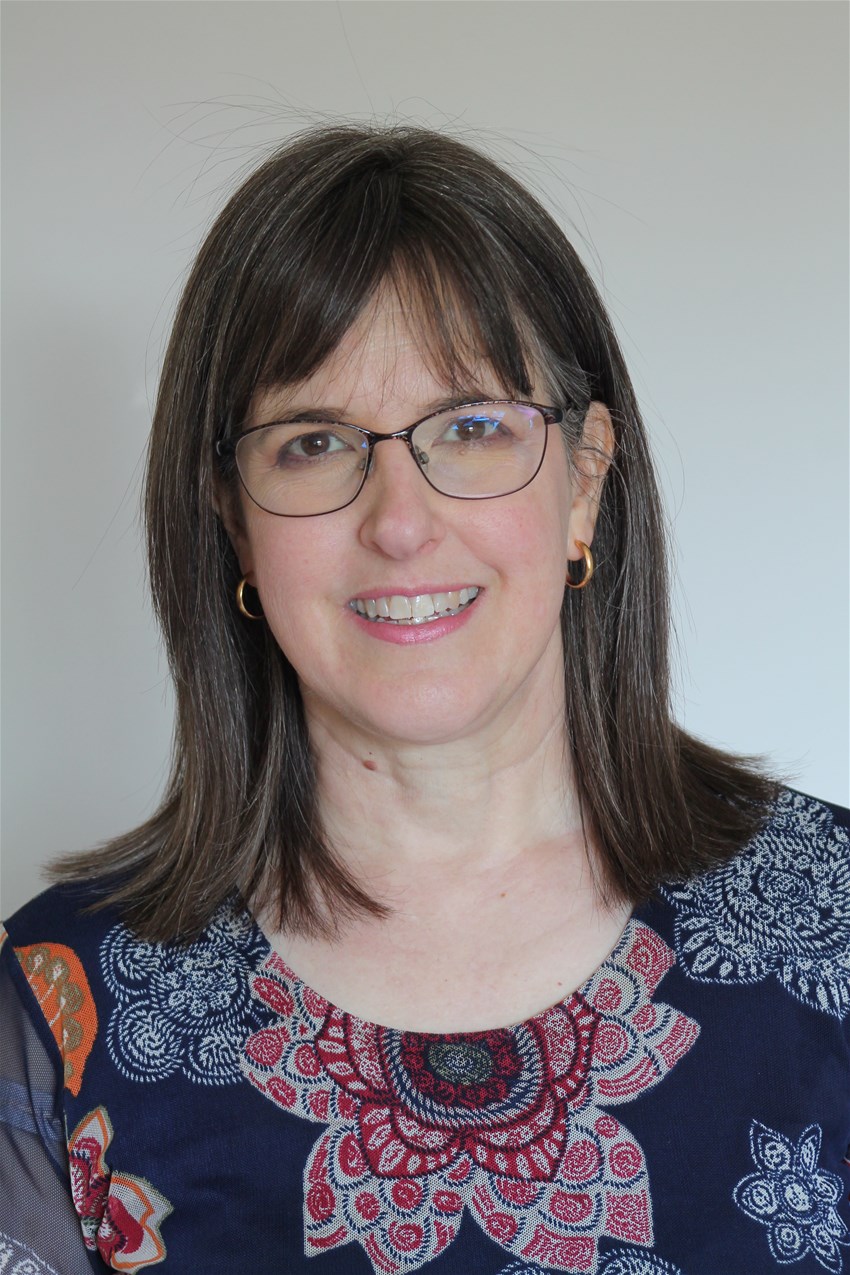
Dr. Lee Rusznyak
Associate Professor at the School of Education, University of the Witwatersrand, South Africa
https://www.wits.ac.za/staff/academic-a-z-listing/r/leerusznyakwitsacza/
Abstract title:
A knowledge-building approach for enhancing work-based learning: Lessons from teacher education
Given the challenges of our rapidly changing times, it is not enough that students demonstrate observable, measurable competences during work-based learning. Future practitioners need more than technical skills that work for now, but leave them floundering when the demands of the context changes. If they are to be adaptable in the face of new challenges, students also need to grasp the fundamental logics that give their practice purpose and coherence.
Valuable insights about preparing students for practice can be gleaned from research on teacher education in the South Africa context. Decades after the end of Apartheid, the education system continues to experience vast inequalities and ineffective teaching practices in many schools (Spaull, 2013). Preparing knowledgeable and thoughtful teachers is crucial for transforming the schooling system and dismantling marginalising practices. It is not sufficient for students to uncritically adopt and replicate prevalent practices. In this paper, I argue that a knowledge-building approach to preparing students for work-integrated learning creates conditions of possibility for transformative learning that moves well beyond the acquisition of technical skills.
What students focus on in their observations and reflections can either open up or shut down opportunities for their professional learning. Knowledge-building approaches creates explicit opportunities for students to shift their focus between generalised principles and how these are enacted in contextually appropriate ways (Walton & Rusznyak, 2020). Students enrolled in teacher education programmes have already spent their school years in the classroom observing teachers at work. Yet, to develop professionally, they need to notice aspects of teachers’ work that they had not noticed before (Rusznyak & Bertram, 2021). I show that merely being immersed in the workplace and working alongside established practitioners is not enough for students to make sense of how practices are enacted within particular contexts.
I use shifts in context-dependence and complexity to show how, despite their familiarity with classroom environments, 29% of students participating in a study initially reported on teachers’ work as a disconnected series of actions. A mere 6% attributed the teachers’ actions to principled knowledge, ethical orientations or contextual priorities.
I introduce two interventions that create explicit opportunities for knowledge-building in ways that enhance the quality of work-based learning. To show the impact of these interventions on students’ learning in the workplace, I use semantic waves, an analytic tool offered by Legitimation Code Theory (LCT) (Maton, 2013). Defining four levels of context-dependence and complexity, I can demonstrate how these interventions enhanced students’ capacity to notice the general in the particular, and the particular in the general.
The first intervention used a guided observation and analysis of the choices that all teachers, regardless of their subject, the grade levels, or their contextual realities, make in their daily work. An innovative course, designed as a supplement to work-integrated learning when schools were closed during the Covid-19 pandemic, enabled students to analyse the intentions and reasoning of teachers working in diverse contexts. By the end of the module, more than 72% were noticing not only the teachers’ actions, but also the reasons and intentions behind these actions, and how they were directed towards organising learning pathways in the lessons.
A second intervention used knowledge-building to empower students to make sense of their own experiences in the workplace through reflections. I demonstrate how traditional approaches to reflection use questions that direct students to report on their particular experiences without necessarily noticing how these inform and are informed by conceptual insights, contextual priorities and/or ethical orientations. By analysing shifts in the context-dependence and complexity of students’ observations and reflections, I demonstrate how a different set of questions prompts students to look more intentionally for connections between principles of practice and the ways these are enacted in specific workplace interactions and activities (Rusznyak, 2022).
To be of service to society, work-based learning needs careful pedagogic work by all stakeholders. My research suggests that there is substantial benefit in analysing instances of practice as a means of preparing students for work-based learning. Wherever possible, workplace mentors should be made aware of the benefits of explicating their reasoning for what they do, how they do it, and why they do it in one way rather than another. Such mentoring interactions may be time-consuming but also invaluable in making the logics of practice visible to students. In challenging contexts where levels of mentoring and support in work-based learning are highly variable, priming students with the concepts and language needed to focus on core aspects of the practice means their learning can be more directed, intentional and support their professional learning (Rusznyak & Bertram, 2021). It is equally important in both challenging, and seemingly well-functioning contexts, to prepare students to use theoretical insights when analysing prevalent practices. Prevalent practices may be perpetuating prejudices and overtly or implicitly marginalising. For this reason, it is necessary that they are interrogated and the status quo transformed if needs be (Walton & Rusznyak, 2014).
Finally, my research suggests that students’ work-based learning should not simply be assessed against a checklist of atomistic competences. Rather, their capacity for analysing and reflecting on practice, and making appropriate and contextually responsive choices are crucially important in developing the kind of adaptive expertise needed for practices to flourish in rapidly changing societies.
Keywords: work-integrated learning; teacher education; reflective practice; semantic waves
3. References
Maton, K., 2013. Making semantic waves: A key to cumulative knowledge-building. Linguistics and education, 24(1), pp.8-22.
Rusznyak, L. 2022. Using Semantic Pathways to Reveal the" Depth" of Pre-Service Teachers' Reflections. Education as Change, 26(1), 1-24.
Rusznyak, L., and Bertram, C. 2021. Conceptualising work-integrated learning to support pre-service teachers’ pedagogic reasoning. Journal of Education, 83, 34–53.
Spaull, N. 2013. Poverty and privilege: Primary school inequality in South Africa. International Journal of Educational Development, 33(5), 436-447.
Walton, E., and Rusznyak, L. 2020. Cumulative knowledge-building for inclusive education in initial teacher education. European Journal of Teacher Education, 43(1), 18-37.
Walton, E., and Rusznyak, L. 2014. Affordances and limitations of a special school practicum as a means to prepare pre-service teachers for inclusive education. International Journal of Inclusive Education, 18(9), 957-974.
BIO:
Professor Lee Rusznyak is a leading teacher educator based at the University of the Witwatersrand. She has published extensively on preparing pre-service teachers for work-based learning. Her research spans learning in diverse contexts, assessment of work-based learning, and the conceptualisation of work-integrated learning in university based professional programmes. She was a leading researcher on the South African Initial Teacher Education Research Project (ITERP) and played a leading role in develop a national set of Professional Teaching Standards. Currently, she is the Principal Investigator for the ‘Teacher Choices in Action’ project – an online module that empowers students to make the most of work-integrated learning. Since 2020, it has been completed by 50 000 pre-service teachers from 24 South African universities. Her research is used extensively to inform teacher education and research in South Africa, and internationally in countries including Sweden, Brazil and Australia. She is the director of the Wits Legitimation Code Theory (LCT) Hub and an active member of the UNESCO Chair in Teacher Education for Diversity and Development.
https://www.researchgate.net/profile/Lee-Rusznyak

Dr. Carsten Sørensen
Associate Professor (Reader) of Information Systems and Innovation, Department of Management, London School of Economics and Political Science, London, United Kingdom
https://www.lse.ac.uk/management/people/academic-staff/csorensen
Abstract title:
What is Work Anyway? The Promises and Pittfals of Digitising Everything
BIO: Carsten Sørensen is Reader (Associate Professor) in Digital Innovation within Department of Management at The London School of Economics and Political Science, UK and a visiting professor at University West, Sweden. He holds a BSc. in mathematics, an MSc in computer science and a Ph.D. in information systems from Aalborg University, Denmark. Carsten has since the 1980s researched digital innovation, for example innovating the digital enterprise through mobile technology, and the innovation dynamics of mobile infrastructures and -platforms. He sits on Hedera’s Governing Council (https://hedera.com/council). Carsten has published widely within Information Systems since 1989 (scholar.carstensorensen.com), He has extensive research project experience and has worked with industry since 1991 as executive educator, academic consultant, for example with, IMF, Microsoft, Google, PA Consulting, Huawei, Orange, Vodafone, Intel, GEMS, to name just a few.
carstensorensen.com
digitalinfrastuctures.org
mobility.lse.ac.uk
beingmobile.org





